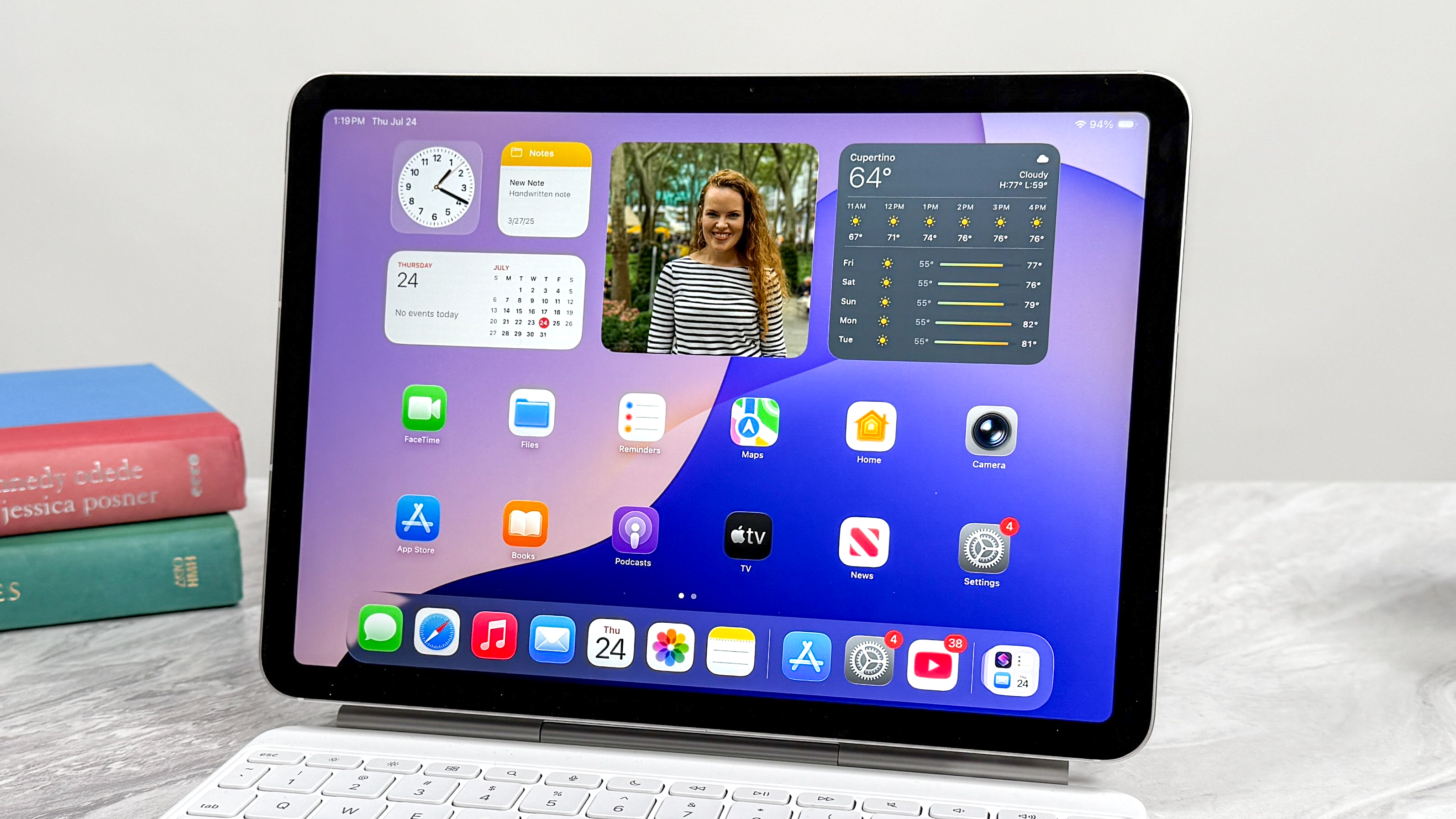T4K3.news
Apple showcases brain-controlled iPhone and iPad technology
Apple's new technology allows users to control devices with thoughts, demonstrated by ALS patient Mark Jackson.
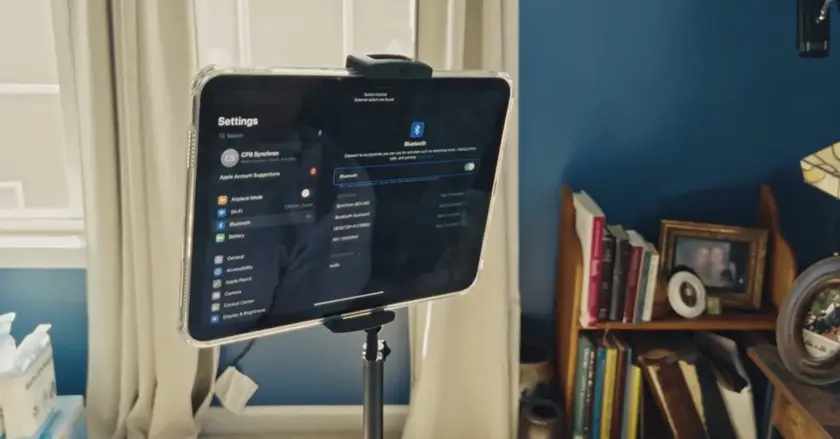
Apple has built new support for brain-controlled implants into its forthcoming iOS 26, iPadOS 26, and other updates. Here’s a first look.
Apple reveals innovative brain-controlled technology for iPhone and iPad
Apple has unveiled a groundbreaking video demonstrating brain-control technology for its upcoming iOS 26 and iPadOS 26. This advancement showcases a user controlling an iPad solely with thoughts, utilizing a brain-computer interface (BCI) designed by Synchron. This interface connects to the brain's motor cortex through a minimally invasive procedure. Mark Jackson, diagnosed with ALS, demonstrated the technology in the video by navigating his iPad and composing messages using only his mind. This initiative underscores Apple's commitment to making technology accessible, particularly for users with disabilities.
Key Takeaways
"Apple is developing ways for Brain Computer Interfaces to translate those brain signals into the ability to select, control, and manipulate."
This quote highlights the core functionality of Apple's new technology, emphasizing its innovative approach to user interaction.
"Watch as Mark controls his iPad entirely with thought using Synchron's brain-computer interface."
This showcases the real-world application of the technology and its user impact.
This development represents a significant leap in accessible technology, possibly changing how users interact with devices. The collaboration between Apple and Synchron illustrates the potential of BCIs to assist those with severe mobility impairments. Mark Jackson’s successful demonstration emphasizes not only the innovation but also the tangible impact on the lives of individuals with disabilities. As awareness of these technologies grows, Apple may face increased scrutiny regarding ethical considerations, accessibility across its product line, and the safety of neurotechnological advancements.
Highlights
- Turning thoughts into actions may soon be possible for everyone.
- Imagine controlling your device just by thinking about it.
- This technology could redefine accessibility in tech.
- Apple is pushing the boundaries of what's possible.
Concerns about neurotechnology and ethics
As brain-computer interfaces advance, ethical questions regarding privacy and consent are emerging. The implications for users' mental data could be significant.
As Apple continues to innovate, the implications of this technology will unfold in the coming years.
Enjoyed this? Let your friends know!
Related News
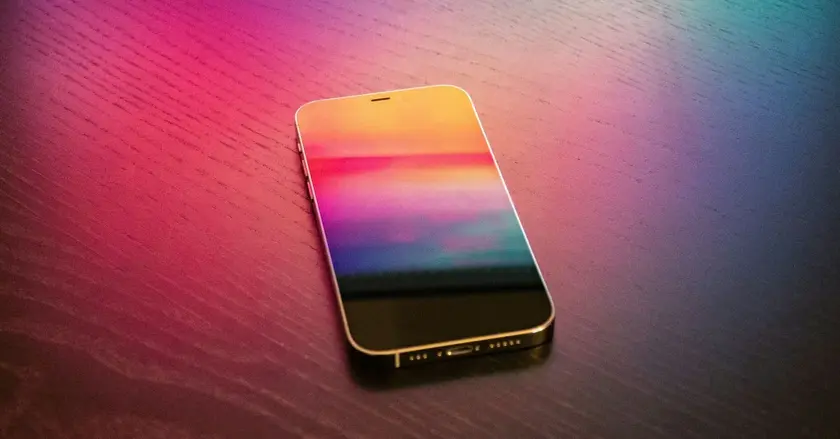
Apple plans to give iPhone an Ultra Retina XDR display

New features launched in macOS 26 Tahoe
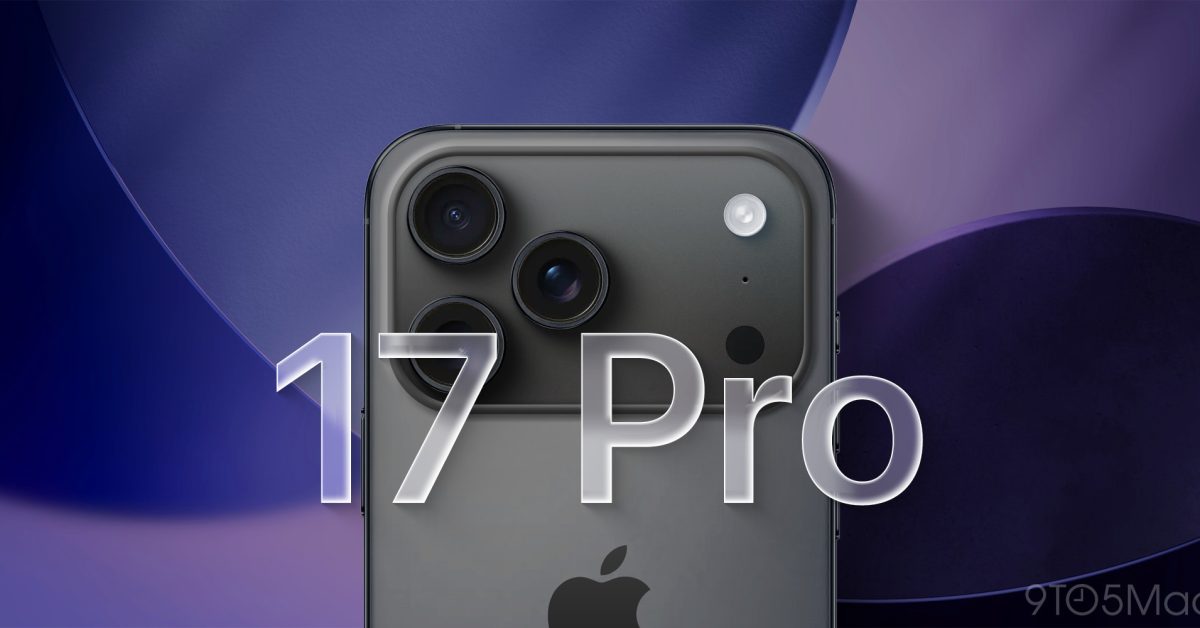
Apple's iPhone 17 Pro targets professional users
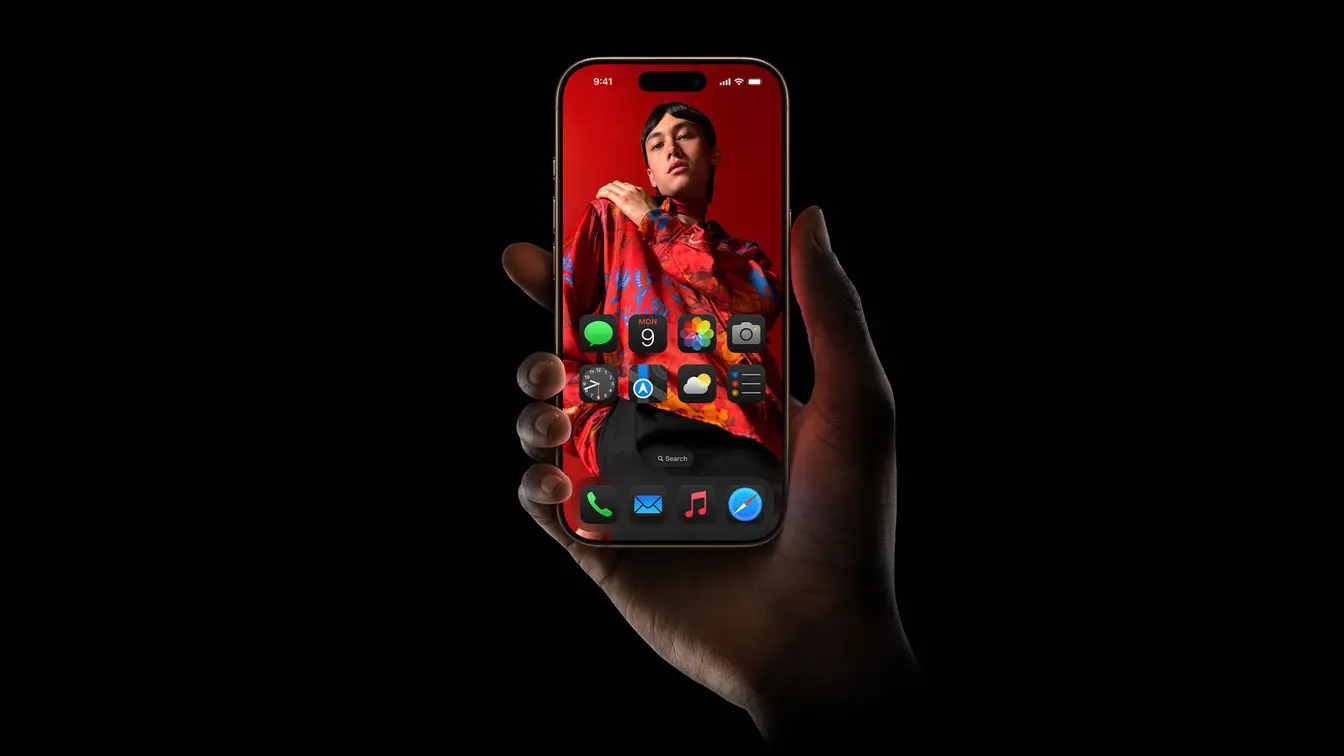
Apple is exploring tandem OLED displays for future iPhones
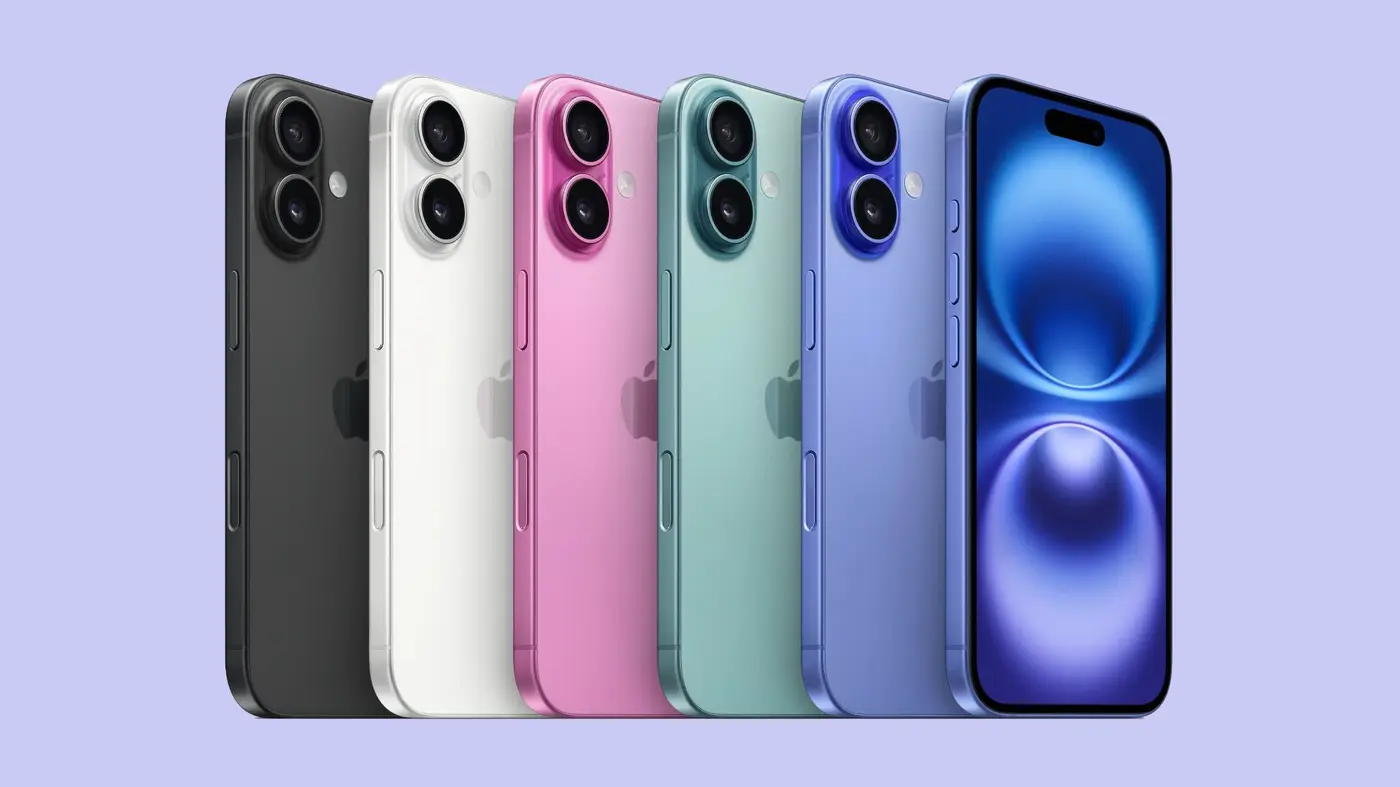
Apple reports soaring iPhone 16 sales figures
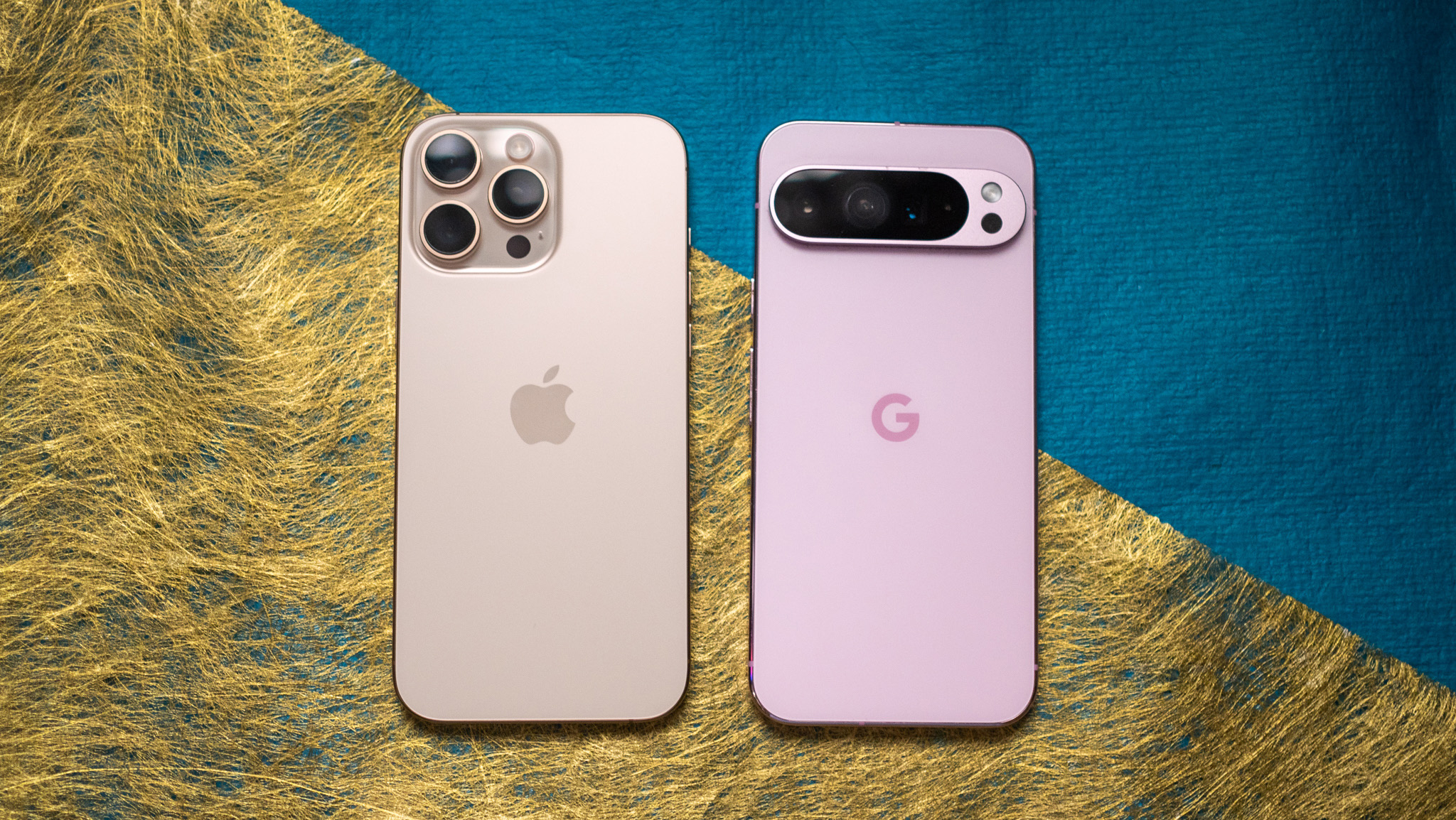
New Safari could challenge Chrome's market share
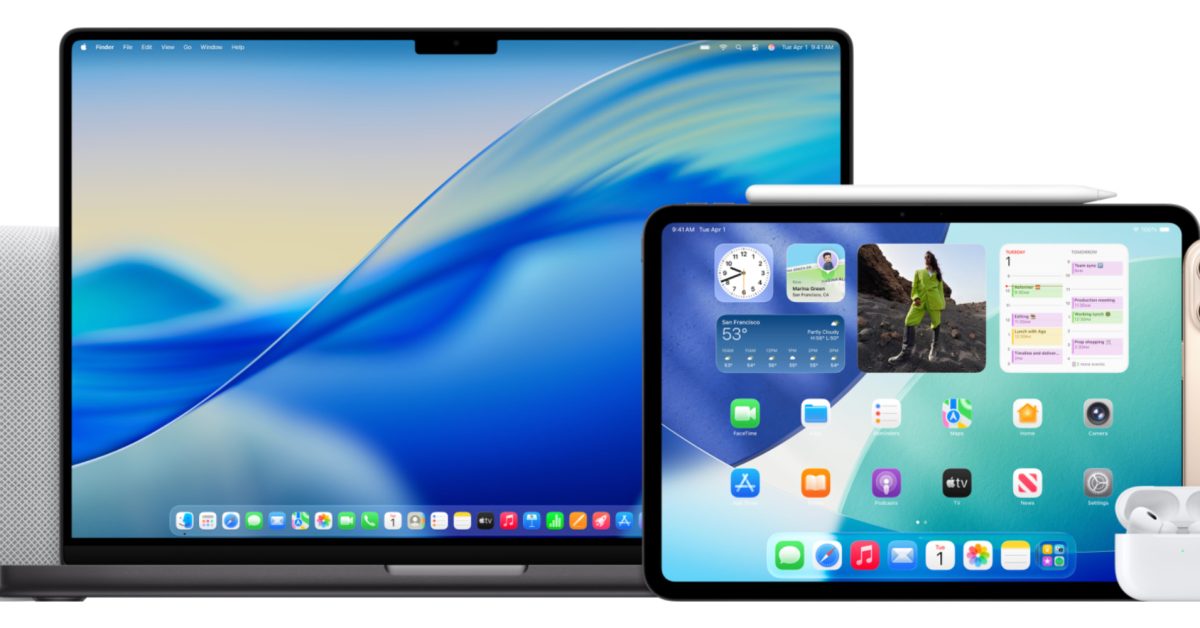
macOS Tahoe introduces iPad-inspired changes
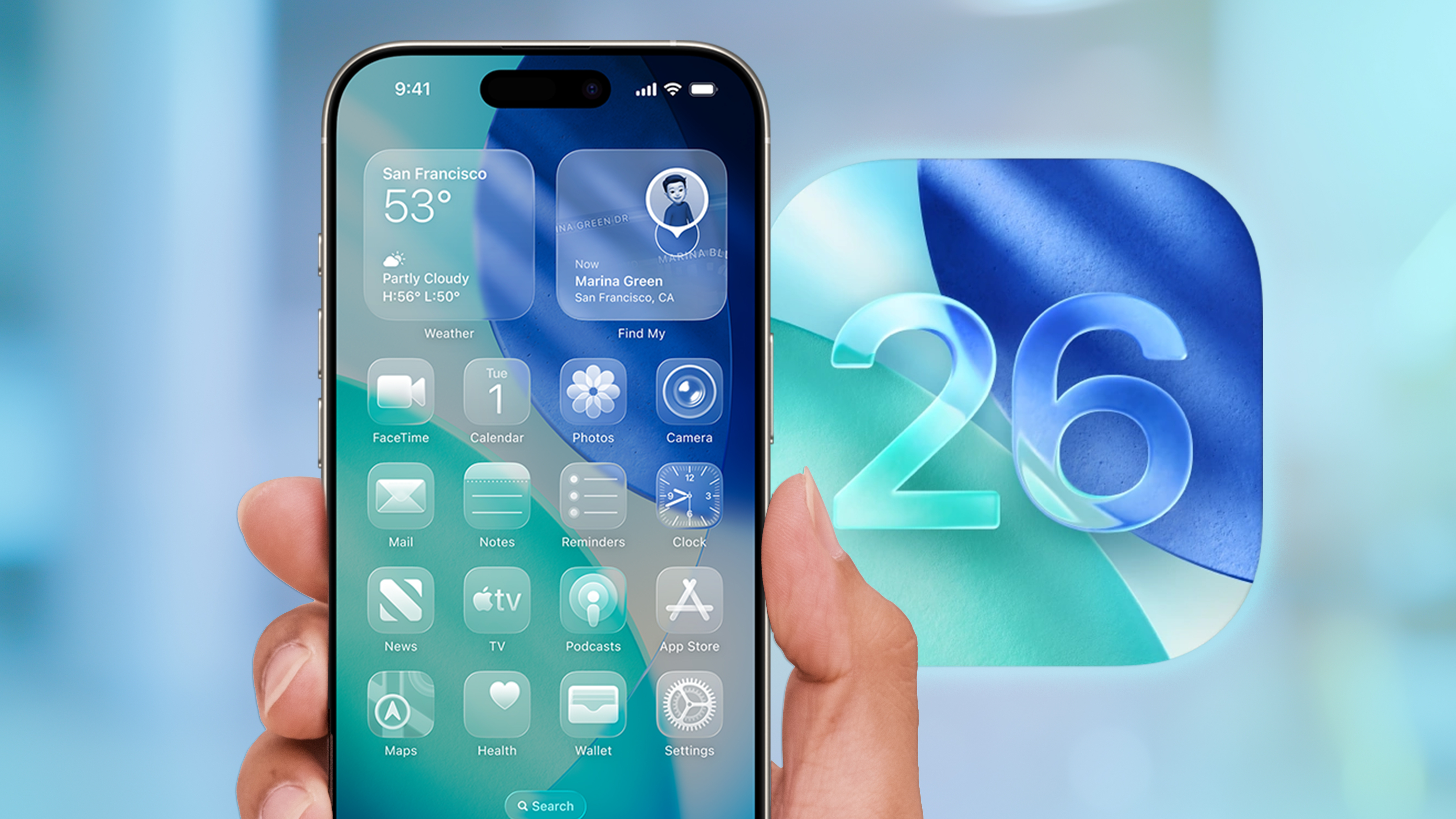
iOS 26 public beta is live
